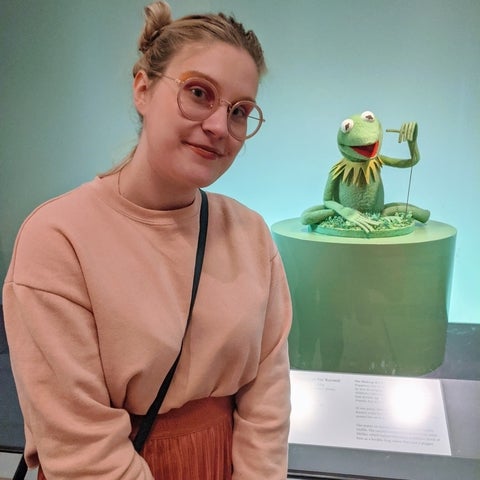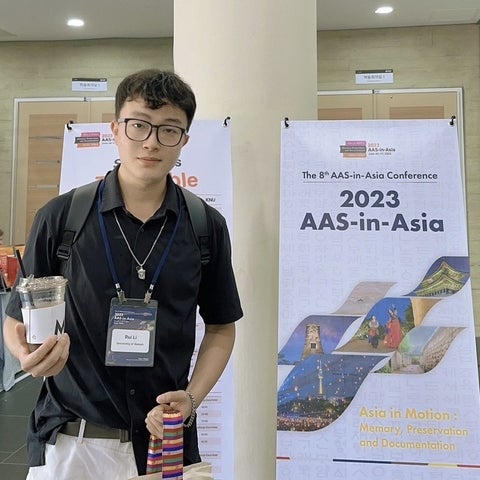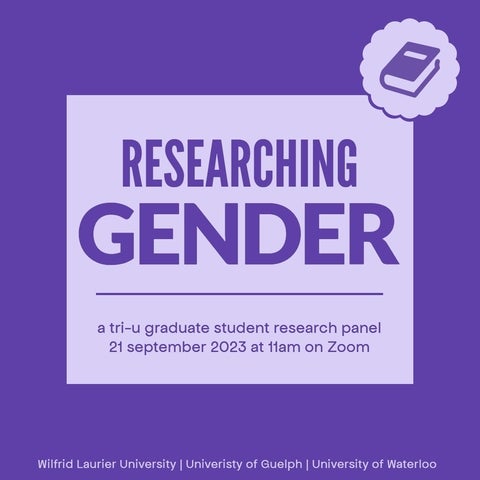Background
TUGSA organized a "Researching Gender," panel that was held virtually on Thursday, September 21.
Dr. Kristina Llewellyn served as the panel chair. Dr. Llewellyn is a Professor of Social Development Studies at Renison University College, University of Waterloo and an Associate Member of the History Department at the University of Waterloo. She is a member of the Royal Society of Canada’s College of New Scholars, Artists, and Scientists. She is one of Canada’s leading scholars in history and education. Dr. Llewellyn is the award-winning author of four books, including Democracy's Angels: The Work of Women Teachers (MQUP, 2012) and Oral History, Education, and Justice: Possibilities and Limitations for Redress and Reconciliation (Routledge, 2019). She is Director of the project Digital Oral Histories for Reconciliation: The Nova Scotia Home for Colored Children History Education Initiative and Executive Member of the project Thinking Historically for Canada’s Future. Dr. Llewellyn is a regular commentator for local and national media on education issues, promoting nuanced understandings and practices of history, teaching, and learning for an equitable society.
After a summary of their presentations, the students offer reflections on their research below.
Presentations and researcher bios

Politics & Pleasure: Battles Over Pornography in 1980s America
Kess Carpenter is a PhD candidate in history at Wilfrid Laurier University. They completed their MA at the University of Windsor where they examined gender, sexuality, and post-World War II culture through the lens of Playboy Magazine. While at Laurier, Kess has undertaken specialized study in the history of gender and sexuality, cultural history, and the Cold War. Their current research explores the intersections between culture, politics, activism, and pornography in 1980s America.

“Good Wife, Wise Mother” and Manchukuo Women’s Education under the Kingly Way
Rui (Raymond) Li is a first-year Ph.D. student in history at the University of Guelph. He earned his first master's degree in history from the University of Macau in 2018 and his second master's in history from the University of Guelph in 2023. Raymond's research interests lie in the history of modern Northeast Asia, especially the ideological propaganda issues of Manchukuo, Japan and China. In particular, it focuses on the rise and dissemination of nationalism and feminism in modern Northeast Asia, and their effects in modern Asian societies.

Boys and Their Toys: Gender, Geoengineering, and the Men Who Would Destroy the World
Jake McIvor is a 2nd year MA student at the University of Guelph. He is the current Guelph TUGSA co-president, and is enrolled in Guelph's first cohort of the Sexualities, Genders and Bodies graduate program. Jake is researching the history of geoengineering and is exploring its heavily gendered dimensions. Geoengineering will soon become increasingly important to the global climate debate, but it represents an unmistakably male approach to science and the environment. Jake's research aims to uncover not only how geoengineering is informed by masculinity, but also maintains the current gender hierarchy in the face of climate change.

The Black Women’s United Front: “Forward with the Struggle”
Vera Zoricic is a second-year PhD student studying under the supervision of Dr. Ian Milligan. Her research topic focuses on the digitization of the black freedom struggles during the late twentieth and early twenty-first centuries. She is particularly interested in how the issues of race, class, and gender intersect to shape individual and group experiences in Canada and the United States.
